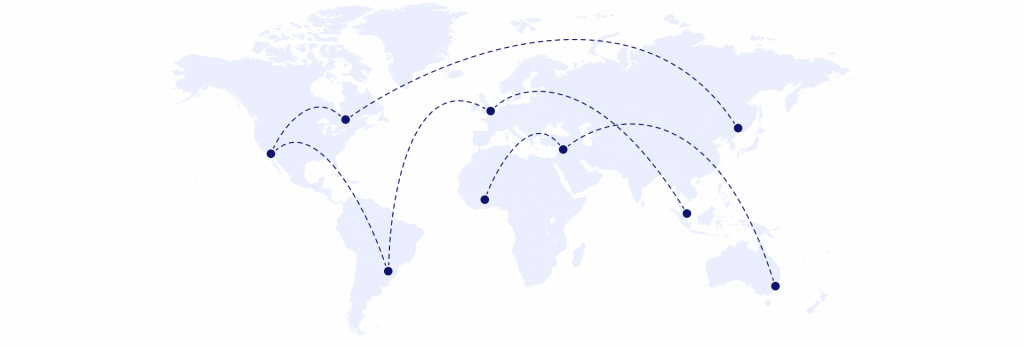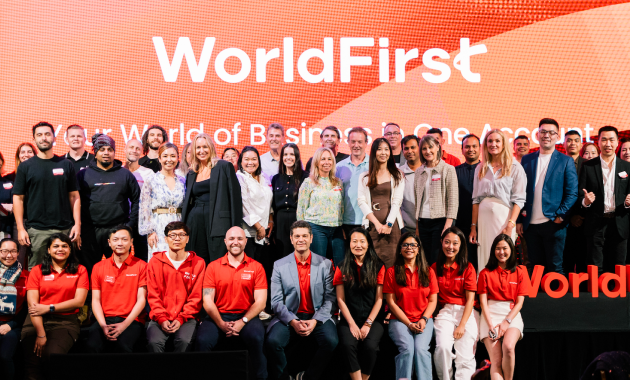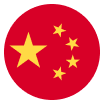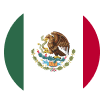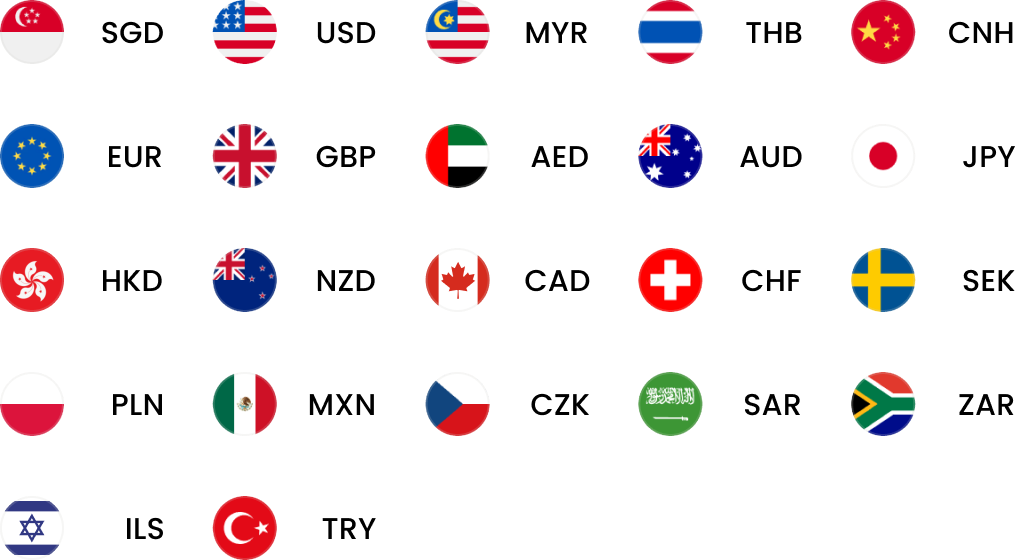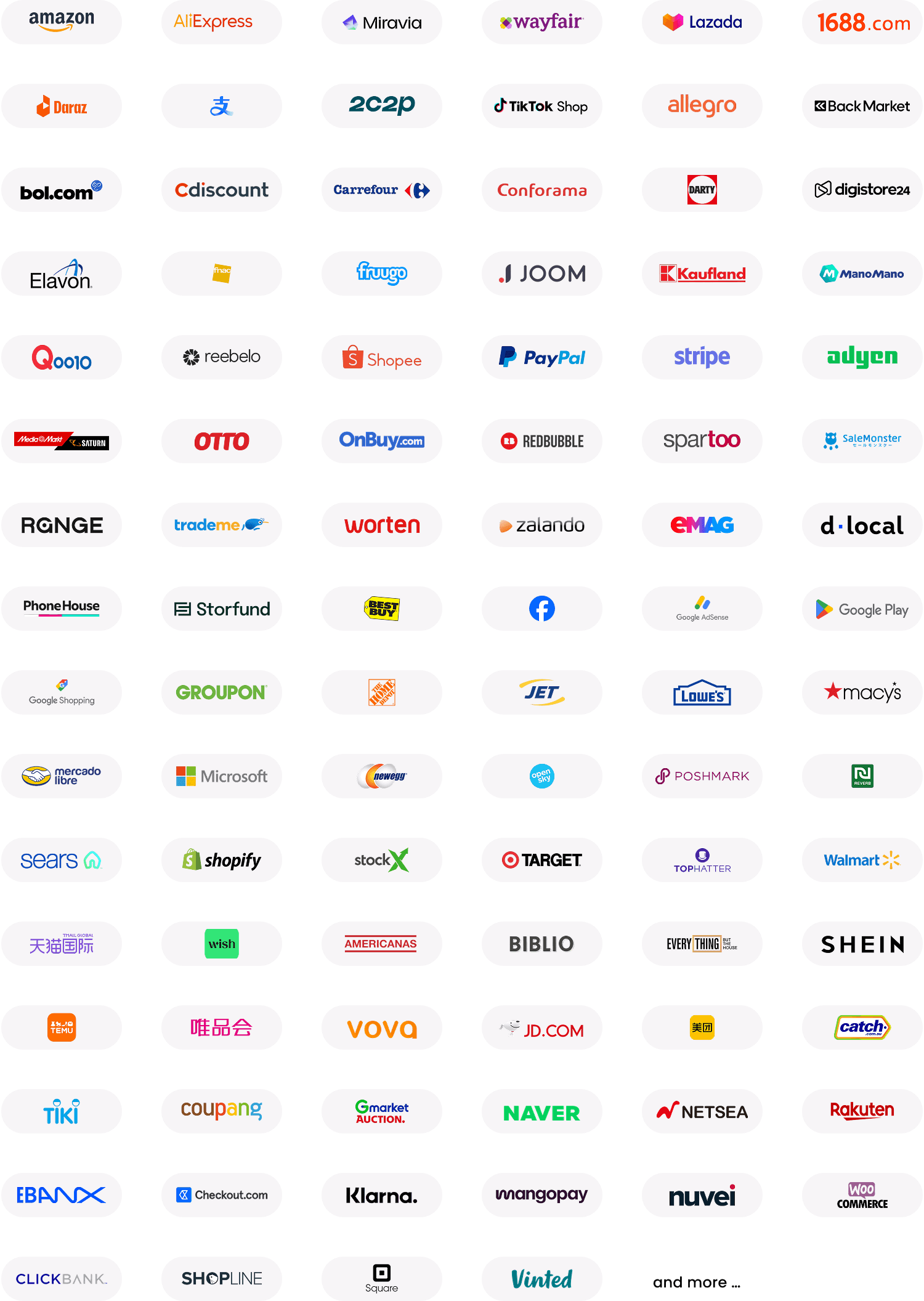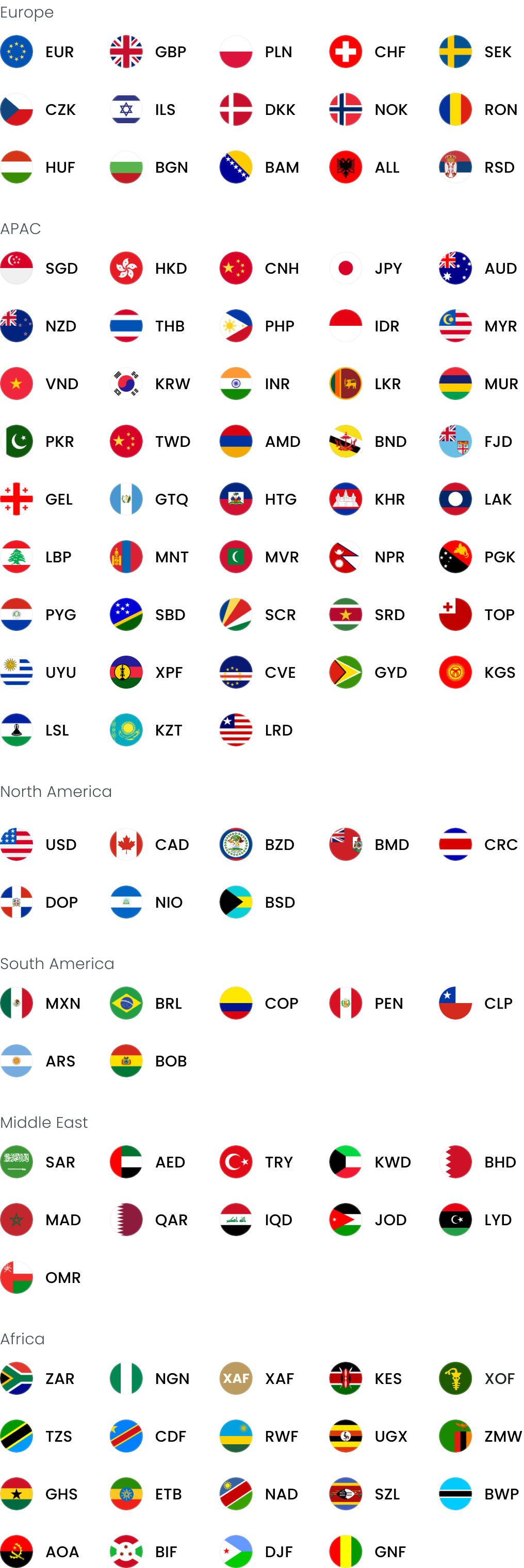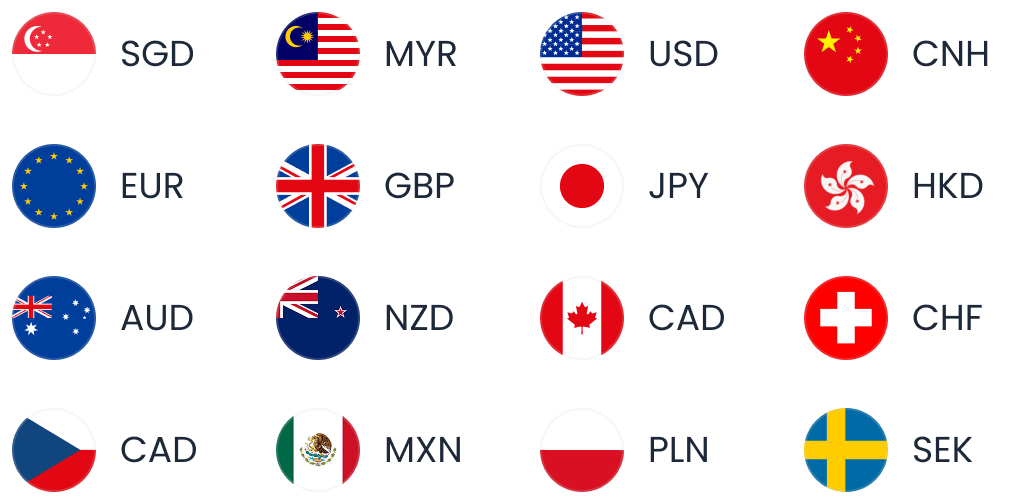What is a China export licence (and what are the requirements?)
Last update: 6 May 2025
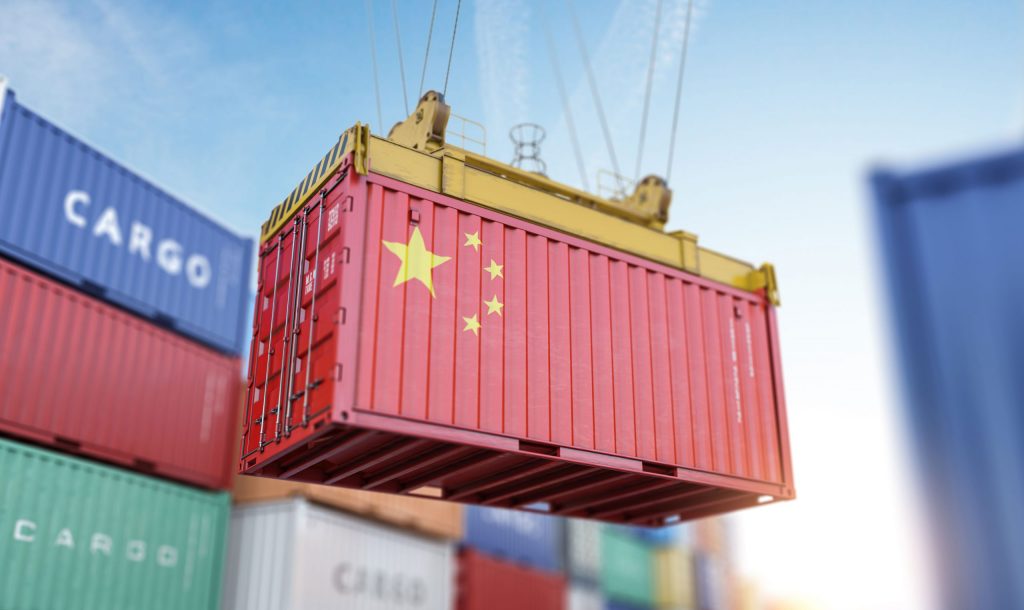
For many e-commerce sellers in Singapore, sourcing products from Chinese manufacturers is a key strategy for keeping costs low and profit margins high.
However, before partnering with a supplier, one crucial factor to verify is whether they hold a valid China export licence. This certification is essential for legally shipping goods abroad and ensures smoother transactions with customs authorities.
In recent years, trade regulations have evolved, making it easier for Chinese suppliers to obtain export licences and work more efficiently with global e-commerce brands. As a result, sellers now have more options when selecting reliable manufacturing partners.
In this guide, we’ll break down what a China export licence is, why it matters, and how it can impact small e-commerce businesses looking to scale with Chinese suppliers.
What we’ll cover:
- What to know about export licences
- Why open a WorldFirst account?
Note: Looking to send money to and from China? Open a World Account for free now and enjoy competitive exchange rates and faster payments.
What to know about export licences
What is an export licence?
An export licence is a legal document that permits manufacturers to export their goods to other countries. In the case of the Chinese government, export licensing is managed by the State Administration of Foreign Exchange (SAFE).
If a China-based manufacturer wishes to sell their goods to international customers, they must first apply to the relevant regulatory body and then verify their export licence with their bank in China.
Why is it important for Chinese suppliers to have an export licence?
If a supplier or manufacturer doesn’t have a China export licence, CNH or CNY payments made from international sellers can be blocked by SAFE.
Any goods ordered through an unlicensed seller can also be halted at the border by Chinese customs agents. Therefore, marketplace sellers intending to buy Chinese products must check on their suppliers’ export licence paperwork.
Do all Chinese suppliers have export licences?
In the past, Chinese manufacturers relied on third-party trading companies or export agents to handle export licences. This system meant that manufacturers couldn’t sell their goods directly to international buyers – they had to go through intermediaries.
Today, most Chinese manufacturers and suppliers manage export regulations in-house, streamlining the process for global e-commerce sellers. That said, export agencies still play a role in assisting domestic companies with compliance, typically charging around 1% of the total export value.
However, not all manufacturers in China hold an export licence. This is particularly common among suppliers that produce components rather than finished products. These companies primarily sell to domestic businesses specialising in product assembly, meaning they don’t engage in direct international trade.
Who’s responsible for applying for an export licence?
The Chinese manufacturer or supplier is responsible for applying for an export licence. Alternatively, a supplier may seek the help of a third-party trading agent who can help them meet the legal export activities requirements.
Some exporters that are smaller companies don’t hold export licences in order to avoid the bureaucracy and cost of getting an export licence. This is why it’s important for you to check your suppliers’ general licences to ensure they’re compliant.
What’s included in a Chinese export license application?
Suppliers looking to export from China need to fill in a People’s Republic of China export application including the following information:
- Details of the shipped goods, including name, specifications, unit price, quantity, shipping destinations and payment details
- Business details, including an annual export plan and copies of contracts they have in place with international buyers.
What are some products that you can't export
Before importing products, it’s crucial to ensure that your items comply with export administration regulations and aren’t restricted or subject to special requirements. Some products are outright prohibited, while others may require additional documentation or permits. Commonly restricted items include:
- Dog and cat fur
- Wildlife and fish
- Certain food items
- Flora or fauna
- Explosive items
- Other items that may be harmful
Do international buyers have to pay export taxes or fees on Chinese goods?
You don’t have to pay specific export taxes on Chinese products when shipping to Singapore (although you can read about import taxes below). However, there are fees associated with exporting goods, which in all likelihood are included in the product price.
The export costs included in the price are broken down into three charges:
- FOB (Free On Board),
- CIF (Cost, Insurance, Freight)
- DAP (Delivered At Place)
In some cases, buyers may also encounter Ex Works (EXW) costs. EXW is an arrangement where the seller delivers goods to an agreed location (usually the nearest port). The buyer is then responsible for covering the cost of export procedures from that point forward. Further, with EXW, the buyer may also be responsible for covering any losses made during the goods’ loading, transport and delivery.
- Open 20+ local currency accounts and get paid like a local
- Pay suppliers, partners and staff worldwide in 100+ currencies
- Collect payments for free from 130+ marketplaces and payment gateways, including Amazon, Etsy, PayPal and Shopify
- Save with competitive exchange rates on currency conversions and transfers
- Lock in exchange rates for up to 24 months for cash flow certainty
How do I verify a Chinese supplier’s export licence?
As an e-commerce brand, you’re required to maintain good business practices and verify your suppliers to ensure they comply with foreign trade regulations. Use verified marketplaces such as Alibaba.com with a direct communication link to manufacturers.
Once you’ve found a supplier, you can request a copy of their China export licence documentation and verify the information. Any reputable manufacturer using marketplace platforms such as Alibaba should be forthcoming when asked to provide their export licence documentation. A valid export licence will include:
- Company name
- 18-digit registration number
- Entity type
- Official address
- Legal representative
- Date of establishment
- Registered capital
- Expiry date
- Business scope
- QR code linked to China’s National Enterprise Credit Information System
Note: Chinese export licences are written in Chinese. Therefore we recommend getting in touch with a Chinese supplier agent to help you check the documentation and ensure you follow export control law. These agencies can also put you in touch with licensed Chinese suppliers that meet your specific needs.
What do I need to know about importing goods into Singapore?
If your company is based in Singapore and you plan to import goods, you must submit a customs declaration to Singapore Customs before proceeding.
Imports are regulated under the Customs Act, and all goods are subject to Goods and Services Tax (GST). The amount of tax you pay depends on whether the goods are classified as dutiable or non-dutiable. Dutiable goods include items such as liquor, tobacco and motor vehicles, while most other goods fall under the non-dutiable category but may still be subject to GST.
For a full guide on import procedures, visit Enterprise Singapore.
Having an international business account can help you negotiate with your suppliers and potentially get better rates.
Why open a WorldFirst account?
WorldFirst’s World Account simplifies global trade, providing businesses with a flexible multi-currency platform to send, receive, and manage payments worldwide.
Since 2019, we’ve been part of Ant Group, the parent company of Alipay – one of the world’s leading digital payment platforms. With Alipay serving 1.3 billion users globally, we’re able to leverage one of the largest international commerce ecosystems, enabling secure and cost-effective transactions across 100+ currencies.
Here are some of the benefits of having a WorldFirst account:
Make payments to China in same or next day
If you operate an e-commerce business, supply chain delays can disrupt fulfillment, impact delivery times, and ultimately lead to dissatisfied customers.
One major cause of delays is slow international payments. Traditional banks can take several days to process transfers, which means your supplier may take even longer to dispatch your goods.
With WorldFirst, 80% of payments are settled on the same day. Faster transactions mean quicker order processing, helping you keep your supply chain moving and your customers happy.
Save fees on foreign exchange
Opening a WorldFirst account is completely free, with no ongoing fees for maintaining your account. A World Account lets you hold 20+ currencies and pay international suppliers like a local – helping you avoid unnecessary conversions. While FX fees apply when you convert currencies, you’ll benefit from competitive rates and can lock in exchange rates for up to 24 months for greater control over costs.
With access to 100+ currencies, you can send payments in your supplier’s preferred currency and build stronger relationships with partners around the world.
Set up and manage your account online
Setting up your WorldFirst account takes just minutes – all online, with no need for physical paperwork. You can open receiving accounts in multiple currencies without requiring a local office or business entity, making it easy to manage payments across global marketplaces like Amazon UK, Amazon US, and more.
Designed specifically for online businesses, WorldFirst ensures everything is managed digitally. You can also add unlimited team members to your account, all with custom permissions, and seamlessly integrate with accounting platforms like Xero and NetSuite, streamlining financial management across your operations.
Operate in Singapore and do business with China? Try WorldFirst
Understanding Chinese export license requirements is essential when sourcing products from China, ensuring your suppliers are legally authorised to ship goods internationally. Verifying their credentials helps prevent delays, compliance issues, and potential risks to your business.
If you’re looking for a faster, more cost-effective way to pay Chinese suppliers while saving on FX fees, a World Account can help.
Businesses trust WorldFirst
- Almost 1,500,000 businesses have sent US$500B+ around the world with WorldFirst and its partner brands since 2004
- Your money is safeguarded with leading financial institutions
